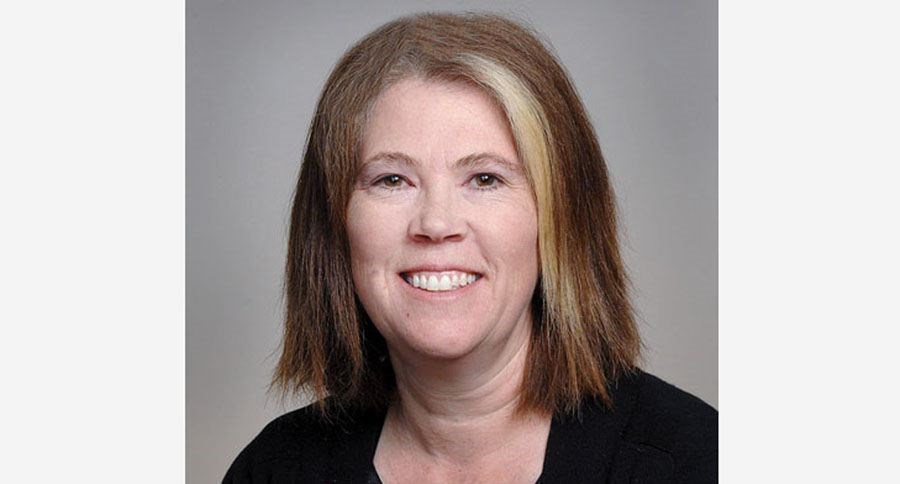Alright, I confess it. I have cried at work. I have, in the past, been so upset that I have allowed my emotions to spill out in the form of tears. Not just little tear drops hidden behind my glasses but full blown teardrops spilling down my cheeks with the unpleasant runny nose thing and the big puffy red eyes. So, according to Tim Hunt, the Nobel Laureate, I should be shut away in a separate research lab away from my male colleagues who may be offended by my emotional outburst. Yes, a Nobel Laureate, said because women cry when they are criticized they should be relegated to separate labs.
I hardly know where to begin in my indignation.
Over the last few months, issues of sexism have arisen over and over again in the news and through social media. I have listened from a distance and have considered writing a column about it before now but I have bit my tongue in favour of allowing the commentary to play out a bit. A lot of the discussion has been about dress codes and the open calls for understanding of the transgender community. I was waiting to find a way to discuss these issues in a political column and I was working up my arguments when, on Wednesday morning, I woke up to these absurd comments by Tim Hunt and they were the straw that broke the camel's back. In fact, he even suggested that because he falls in love with his female colleagues and they fall in love with him that co-ed labs are distracting.
In the past, I have written about: women in politics, raising a daughter in a patriarchal society and about the common misunderstanding about transgender people and their concerns for acceptance.
Lately, I find myself drawn to younger people who have become my role models for expressing outrage over gender inequality. It started with my daughter who brought to my attention a story. She often starts sentences with the phrase: "I saw this post on Pinterest..." In this case, the story was about a girl who was being reprimanded for wearing a tank top to school. She was told to go to the principal's office when a young boy jumped up and yelled: "AAHHHH her shoulders are distracting me so much I can hardly concentrate." I think he was sent to the principal's office in her place. I hope the principal smiled and gave the boy kudos for critical thinking and for speaking up.
Now don't get me wrong. I think that there is a place for dress codes. I am not advocating that anything goes but those who are questioning the dress code rules are looking at the assumptions upon which the rules are built. Why do women have to take sole responsibility for creating a sexless environment?
The important conversation that needs to happen will revolve around the ways we can create an environment in which we do not sexualize each other or judge particular traits, like crying, as a less valid form of self-expression than say anger. The conversation is critical and it is political. Just recently, as the CBC reported: "[A] report from retired Supreme Court justice Marie Deschamps has shone a bright light on a dark side of the Canadian Armed Forces. It describes a, "sexualized culture," ... one where women and LGBT personnel, in particular, are not only exposed to rampant sexual harassment.... but where that sexual harassment is often very difficult to report." We saw the same kind of condemnation of behaviour when the CBC finally confronted the toxic atmosphere created by Jian Ghomeshi. The choice to "turn a blind eye" won't hold anymore. While the military leadership is working to implement Deschamps' recommendations to change the culture of the military we must extend the reach further and accept that broader cultural changes that need to happen.
It is easy to dismiss Tim Hunt's comments. Being a Nobel Prize winner for physiology/medicine does not, I suppose, make him smart about human relationships. Yet, in order to change a culture it is important to speak up so that a discriminatory culture does not continue to propagate.
So I say to Tim Hunt, if you can't control your own passions then you should excuse yourself from the lab.



